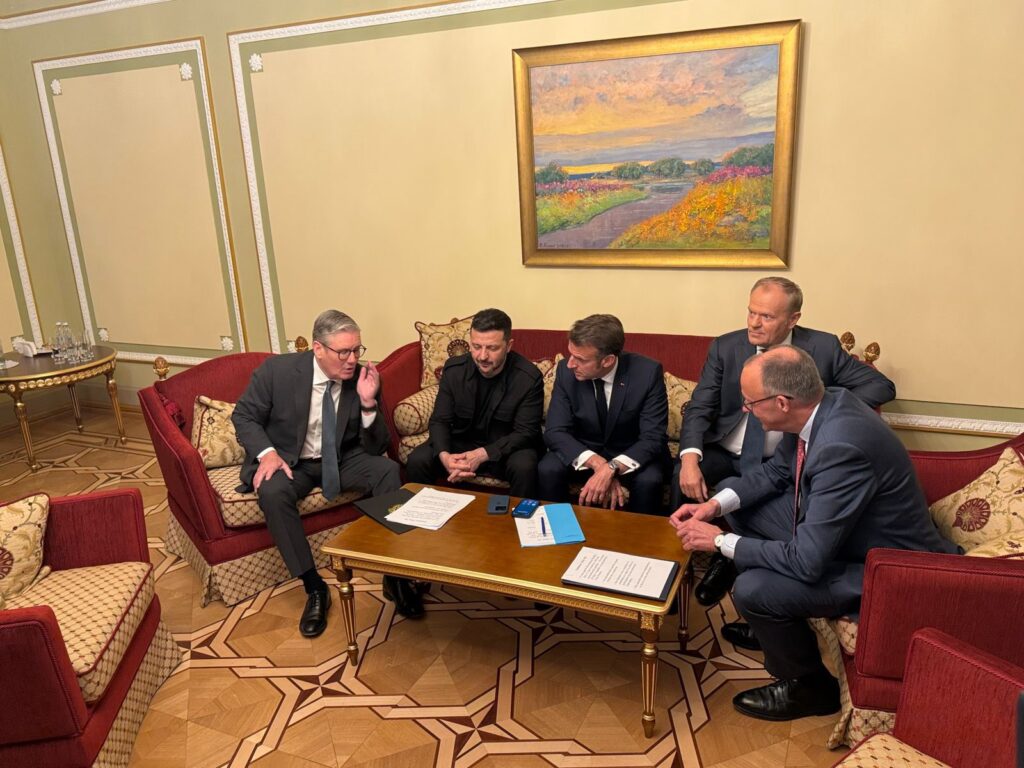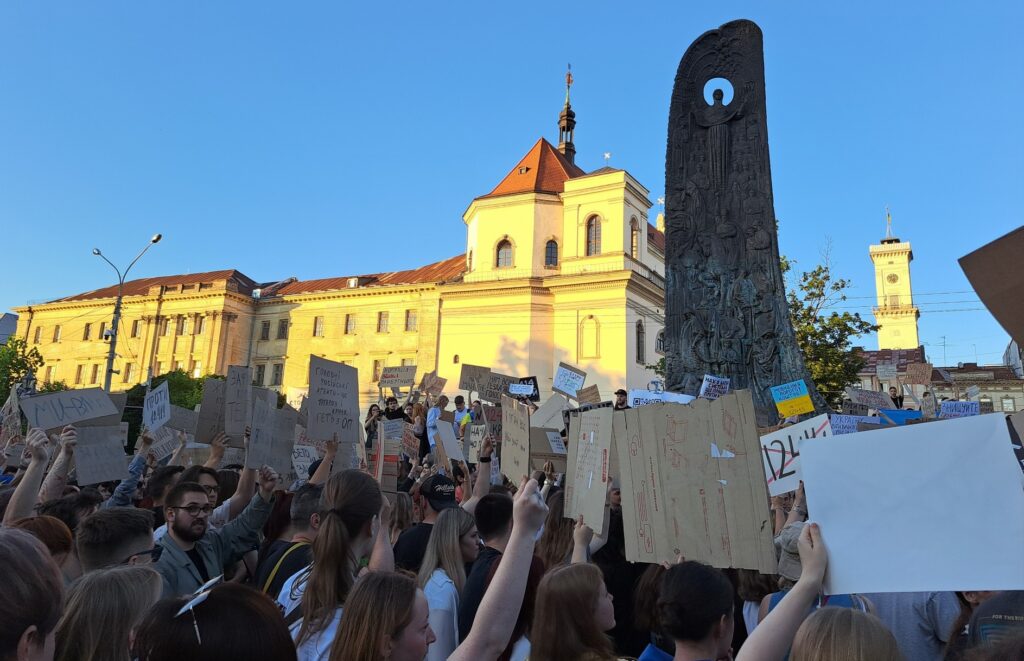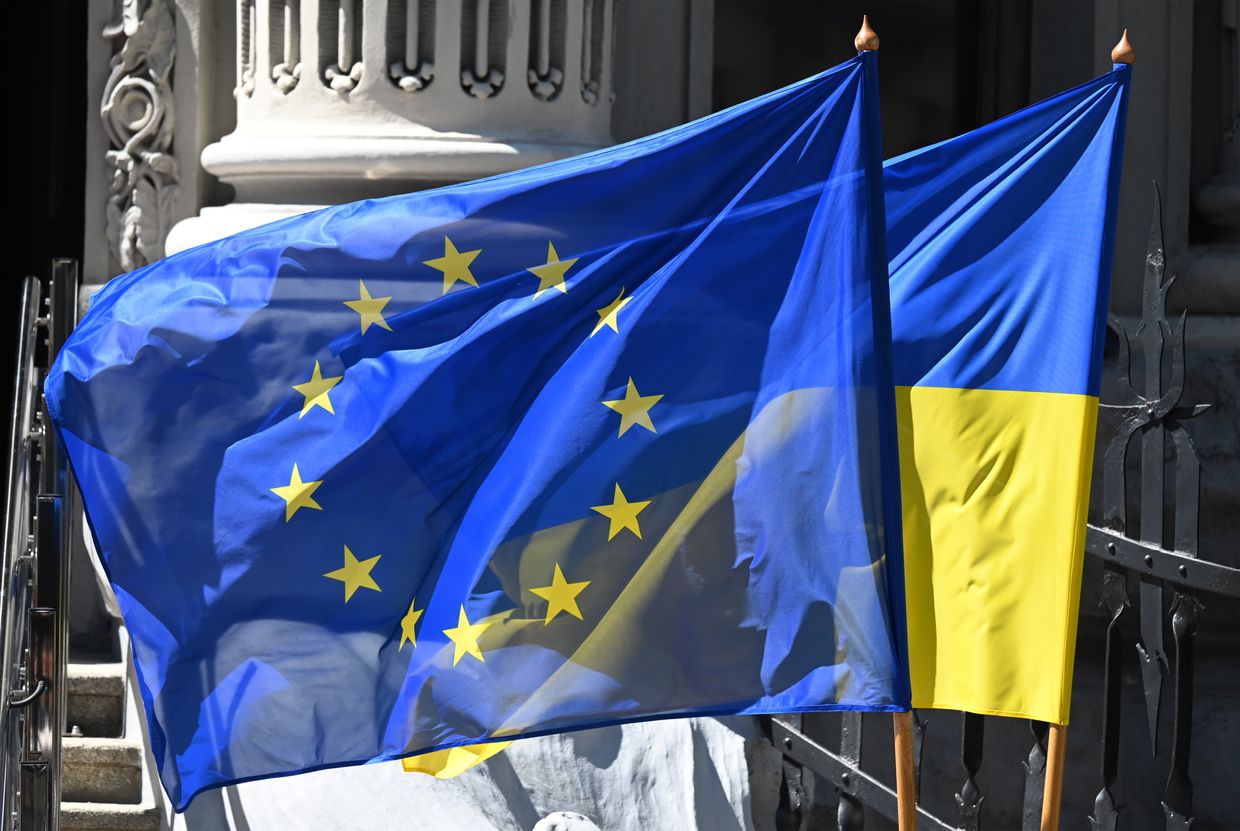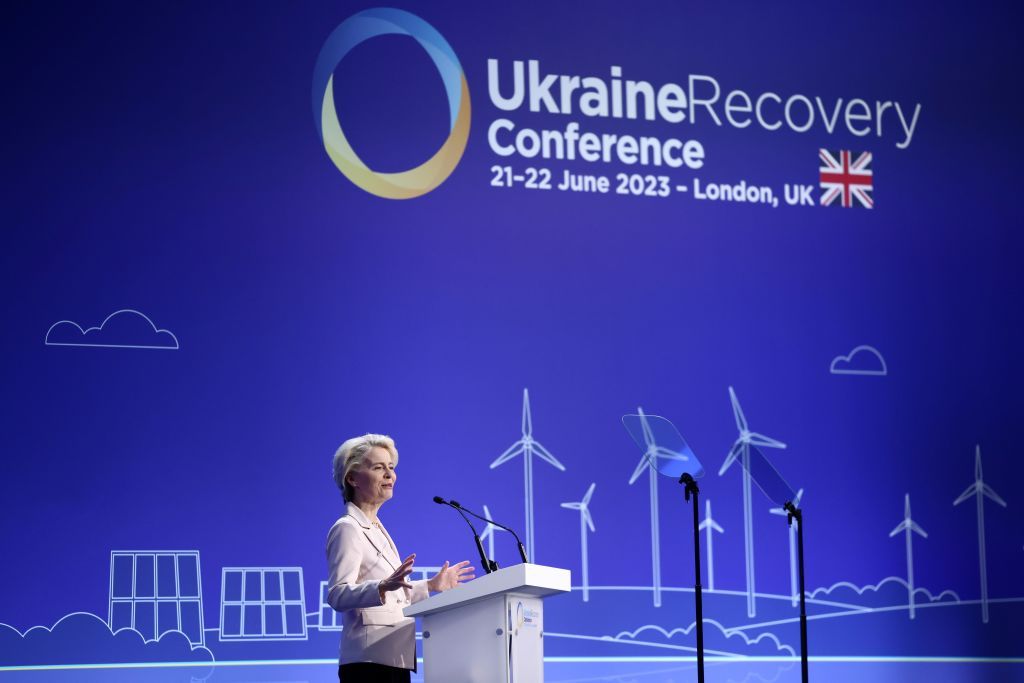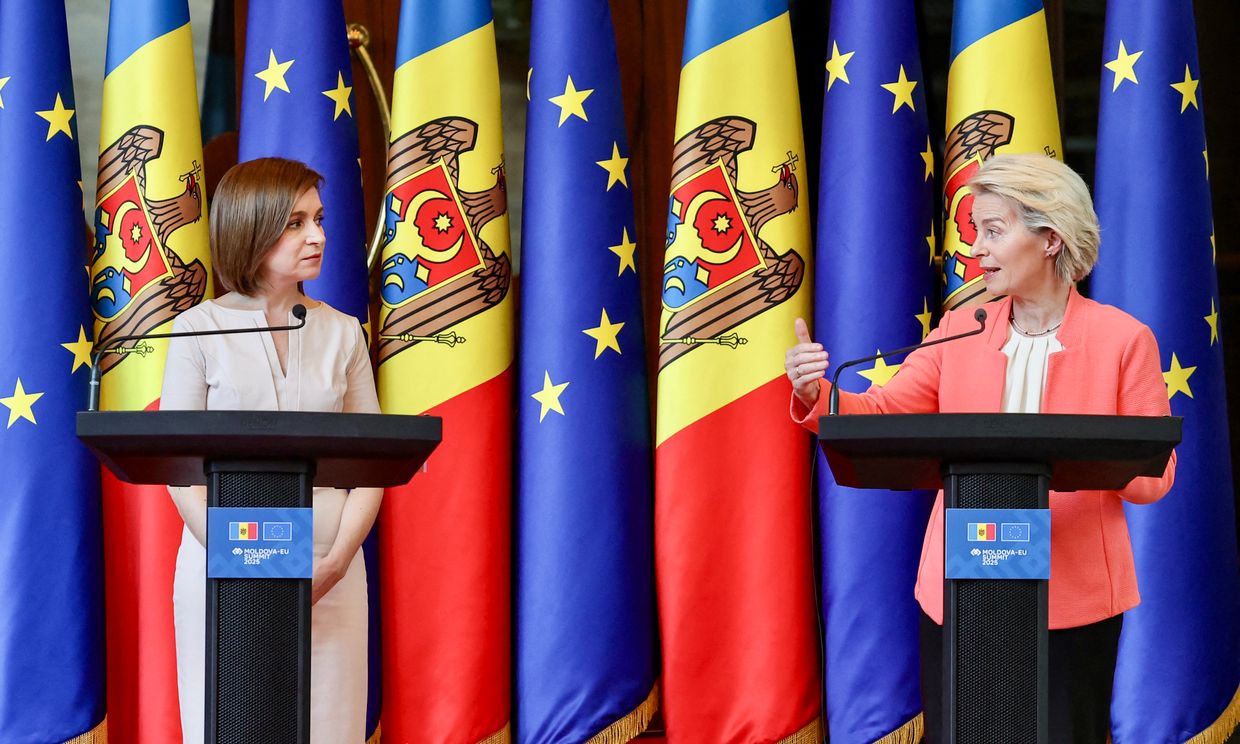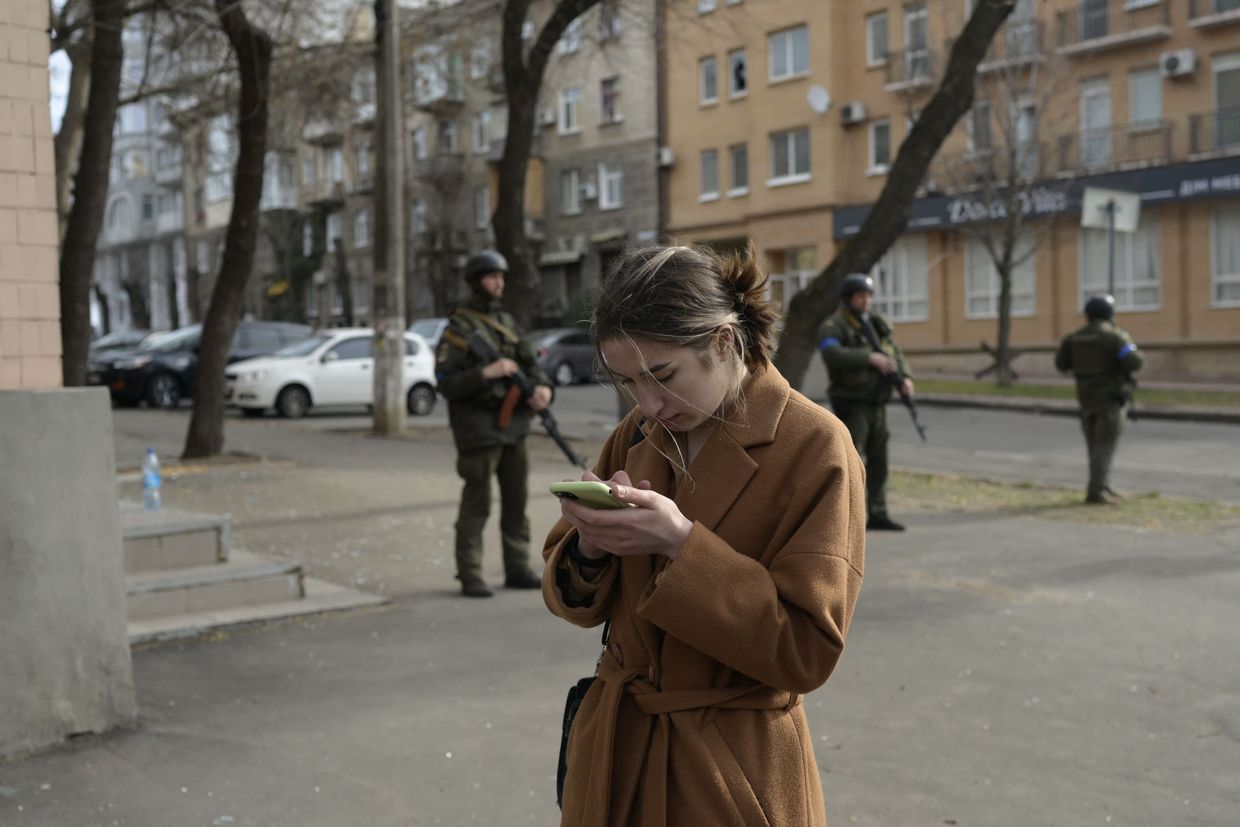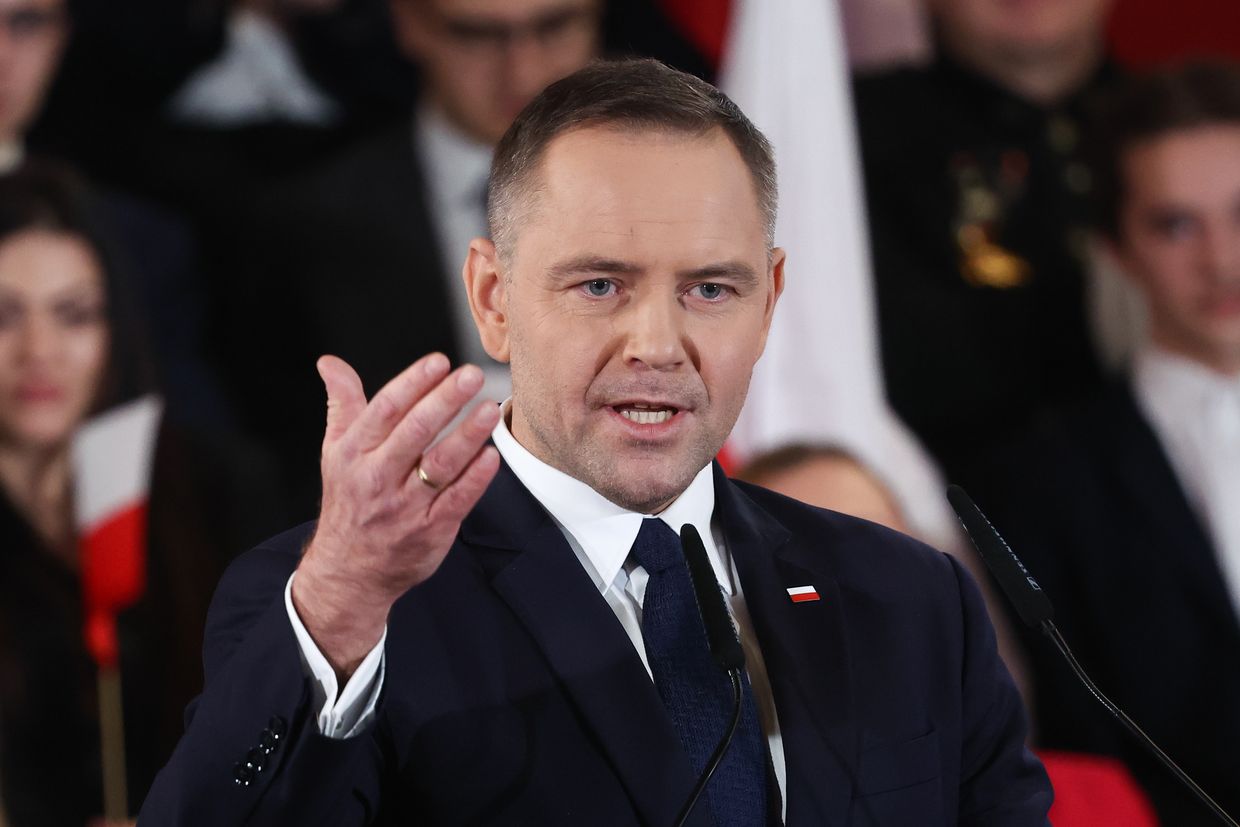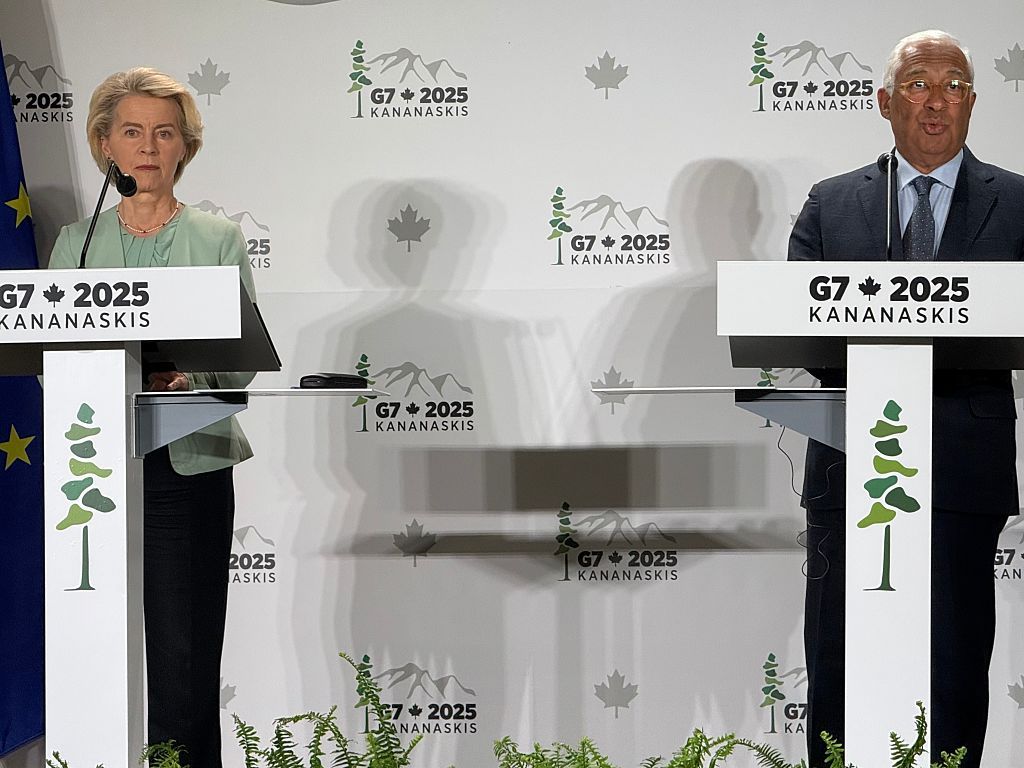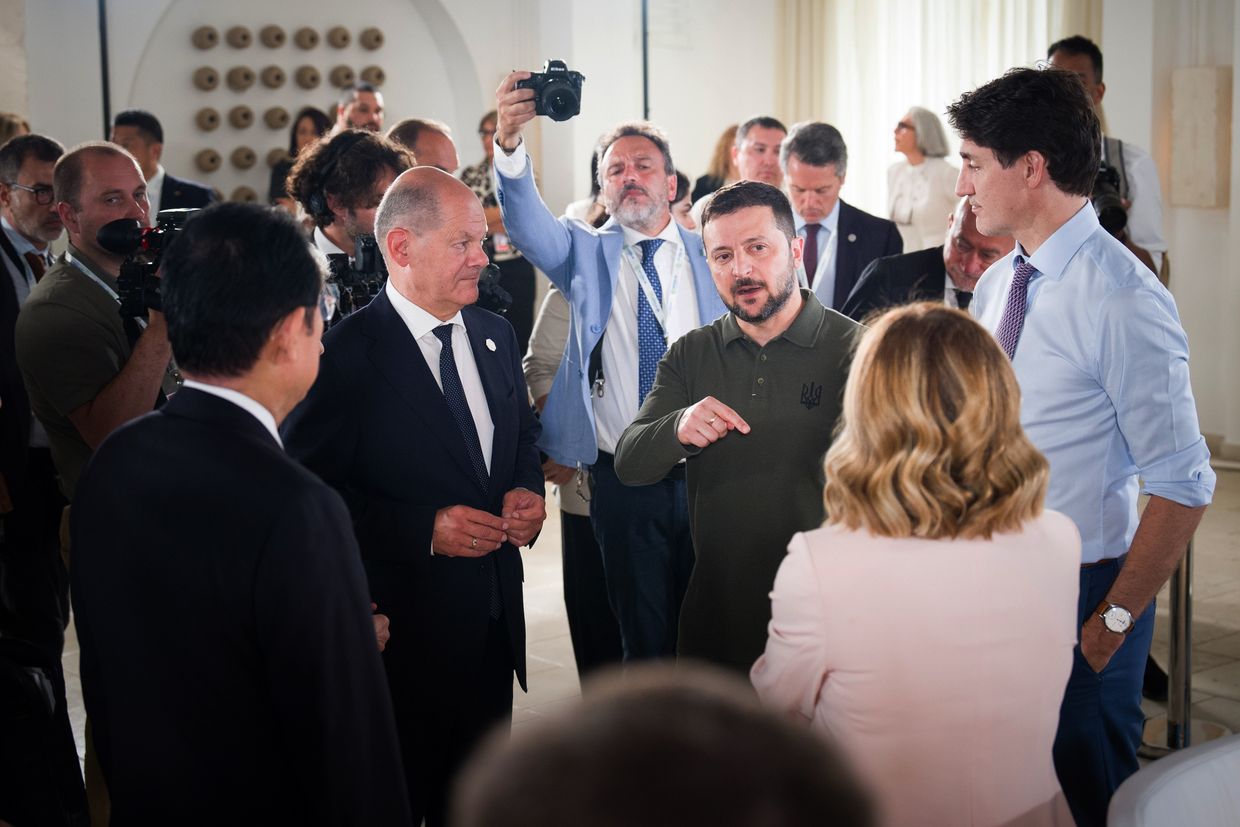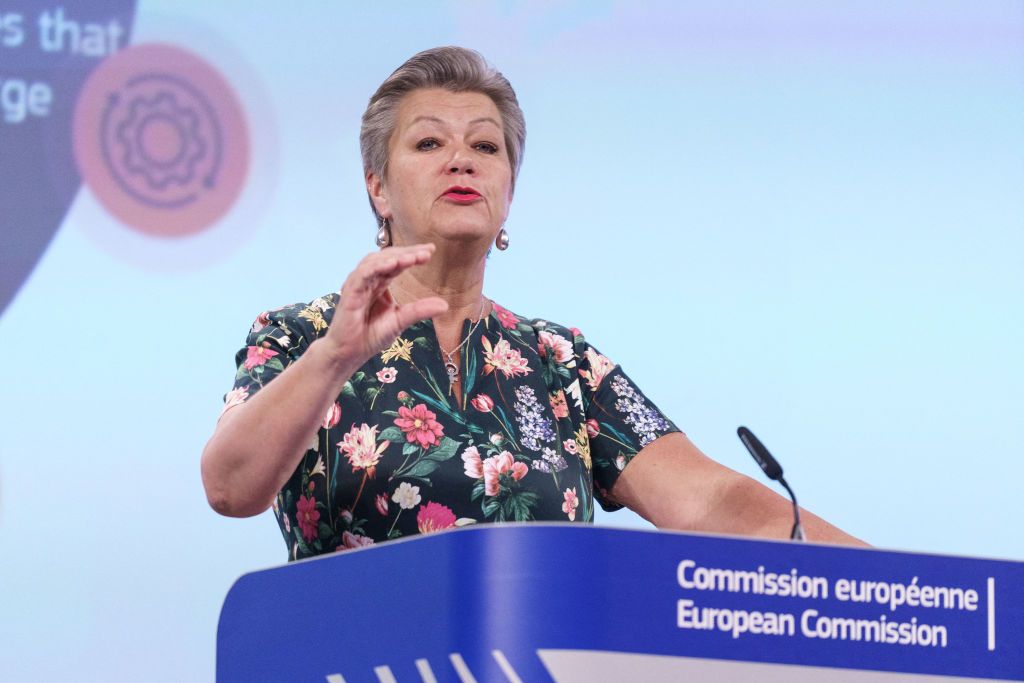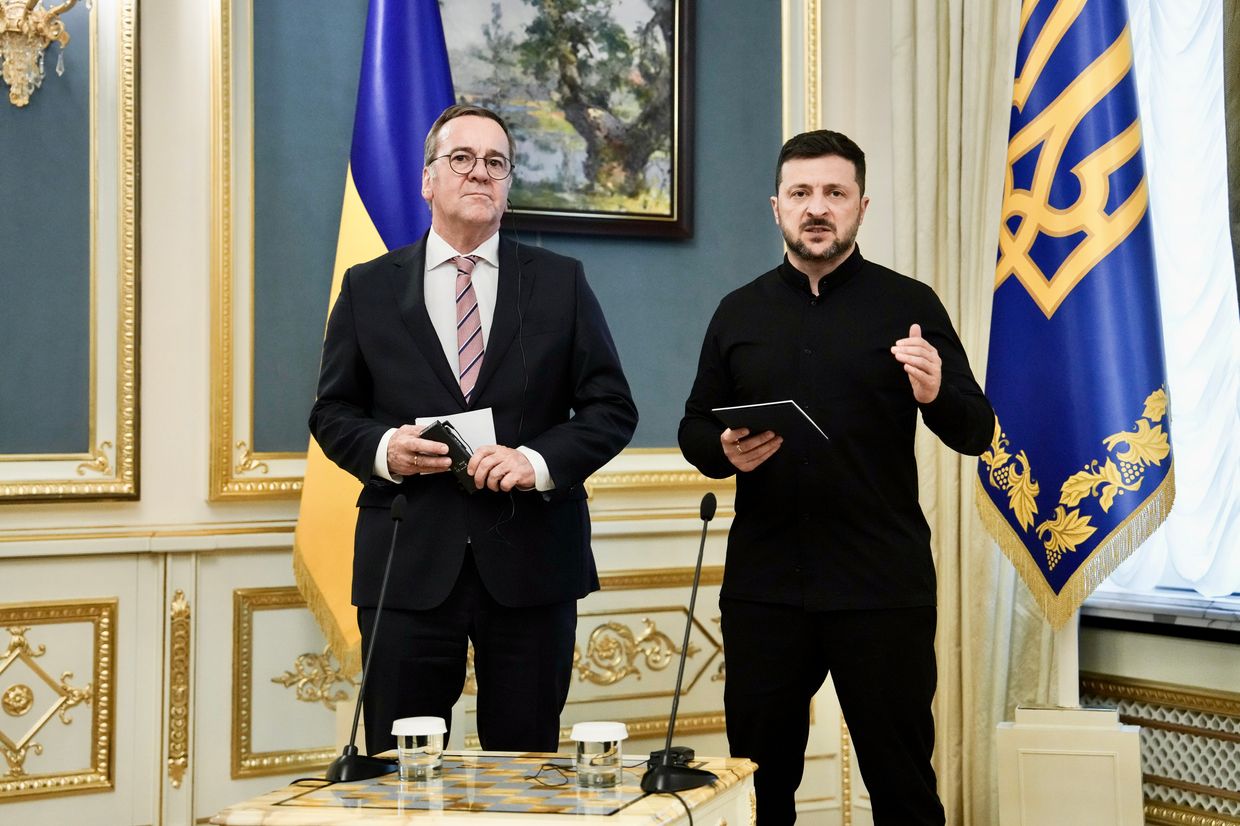Ukraine gets $ 4.7 bn EU aid for Independence Day but loses $ 1.2 bn over stalled reforms

The European Union transferred €4.05 billion ($4.7 bn) to Ukraine before the country’s 34th Independence Day, the European Commission announced on 22 August.
The package includes €3.05 billion ($3.6 bn) through the Ukraine Facility mechanism and €1 billion ($1.2 bn) in exceptional macro-financial assistance, according to the Commission’s press service.
“Ahead of Ukraine’s 34th anniversary of independence on 24 August, the EU delivers another strong signal of unwavering support by disbursing €4.05 billion ($4.7 bn) to the country,“ the Commission said.
“As Ukraine celebrates its 34th Independence Day, the EU sends a clear message: our solidarity with Ukraine is unwavering. Today’s disbursement of over €4 billion demonstrates our staunch commitment,” European Commission President Ursula von der Leyen said.
Von der Leyen added that the funding “underlines our commitment not only to Ukraine’s recovery, but to its future as a sovereign and democratic country. Because when Ukraine is strong, Europe is stronger too.”
The €3.05 billion ($3.6 bn) represents the fourth regular payment under the Ukraine Facility program. However, this tranche is more than €1 billion ($1.2 bn) smaller than originally planned because Kyiv has not implemented all reforms promised to the EU.
Despite the reduction, the European Commission noted the payment reflects Ukraine’s progress on EU accession reforms, particularly “restoring the independence” of the National Anti-Corruption Bureau and the Specialized Anti-Corruption Prosecutor’s Office, which the Verkhovna Rada approved on 31 July.
“Safeguarding the autonomy of these two institutions is a cornerstone of Ukraine’s anti-corruption architecture and of its European path,” the Commission emphasized.
The Commission also transferred the seventh installment of its exceptional macro-financial loan (MFA) worth €1 billion ($1.2 bn) to Ukraine.
Since Russia’s full-scale invasion began in February 2022, the EU and its member states have mobilized €168.9 billion ($198 bn) in humanitarian, financial and military aid for Ukraine and its citizens, reports European Pravda.



